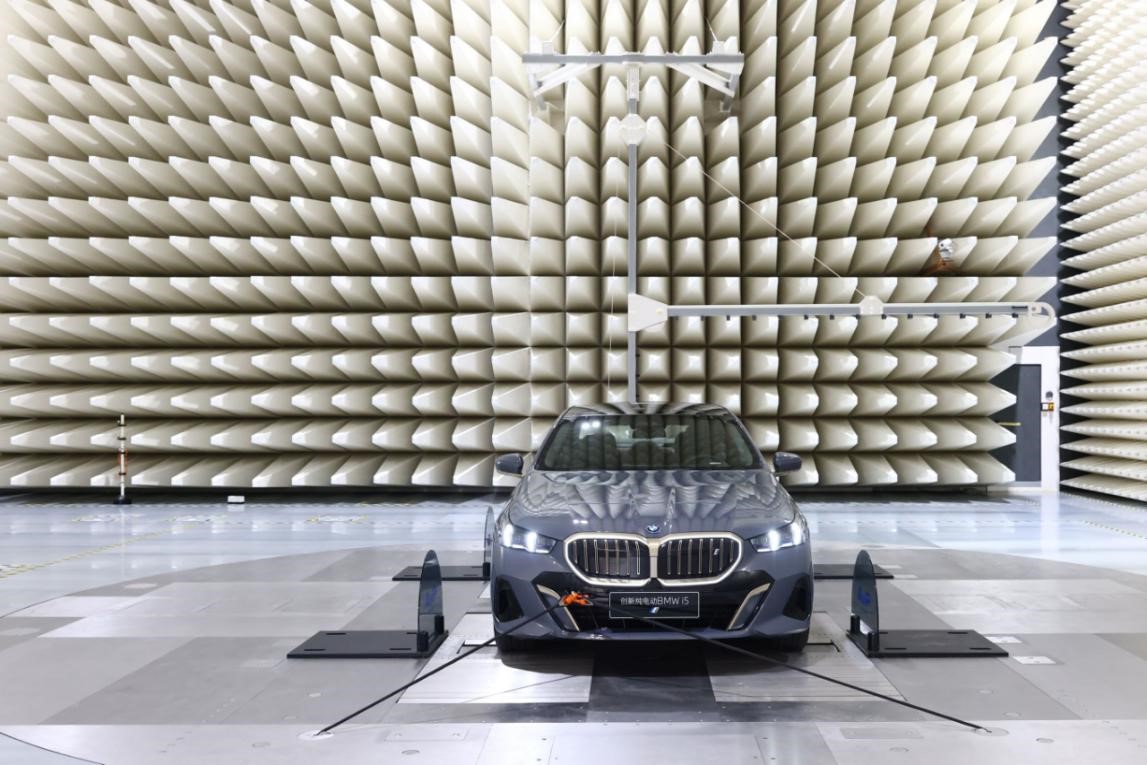
A BMW i5 is seen at the German premium carmaker’s R&D facility in Shenyang, Liaoning province. [Photo provided to chinadaily.com.cn]
BMW unveiled a joint research institute with Tsinghua University on Thursday, in the presence of the German carmaker’s chairman Oliver Zipse, who is on his third visit to China this year.
The institute for sustainable development and mobility innovation focuses on key trends and technological frontiers in the automotive industry, especially in cell safety, battery recycling, artificial intelligence, vehicle-road-cloud integration, solid-state batteries, and carbon reduction.
“China is a powerhouse for innovation and a leader in intelligent mobility development,” said Zipse.
Oliver said open collaboration fosters innovation and growth therefore it is partnering with China’s top innovative forces to deepen research and exploration of cutting-edge technologies and future mobility trends.
He said with the launch of Neue Klasse next year, the carmaker is bringing Chinese customers a unique individual mobility experience that is more human, intelligent, and responsible.
BMW’s partnership with Tsinghua University extends beyond technological innovation to include nurturing talent, fostering cultural integration, and encouraging mutual exchanges.
During his visit, Zipse, a member of the Advisory Committee for Tsinghua University’s School of Economics and Management, unveiled the Young Entrepreneurs Leadership Programme.
This initiative is designed to develop young Chinese entrepreneurs with a global vision, thereby strengthening economic and cultural ties between China and Europe.
Additionally, BMW and Tsinghua have collaborated on merging art with technology, as evidenced by the launch of the BMW 7 Series Halo Edition in 2019, which blends Chinese and Western aesthetics. BMW’s donation of this vehicle to Tsinghua’s Academy of Arts & Design has further solidified and expanded their partnership.
